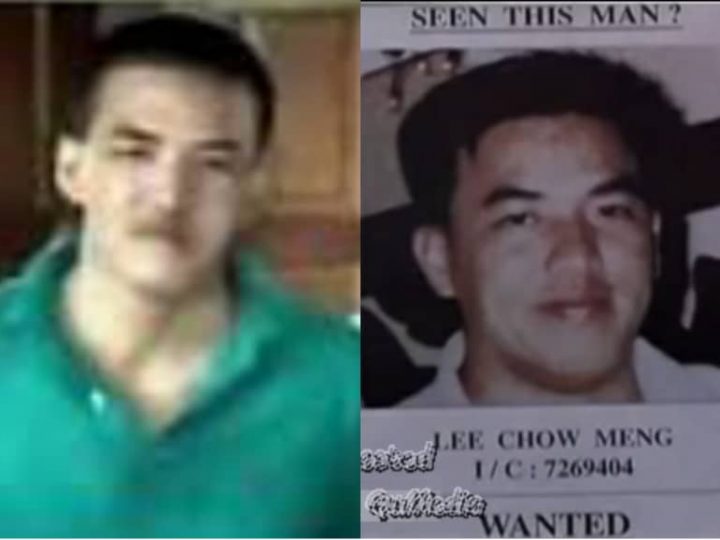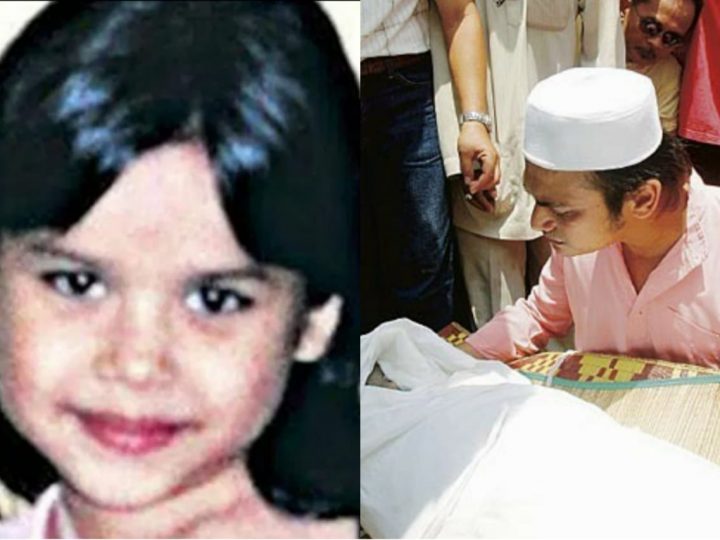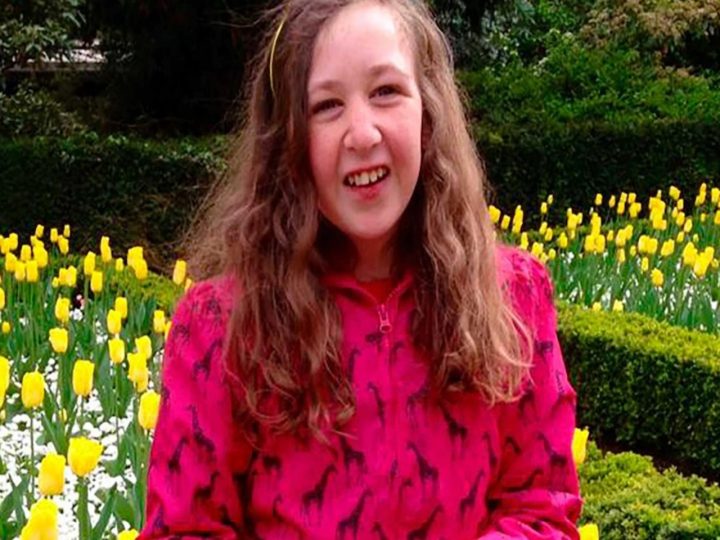An Updated Overview On Altantuya Shaariibuu’s Murder
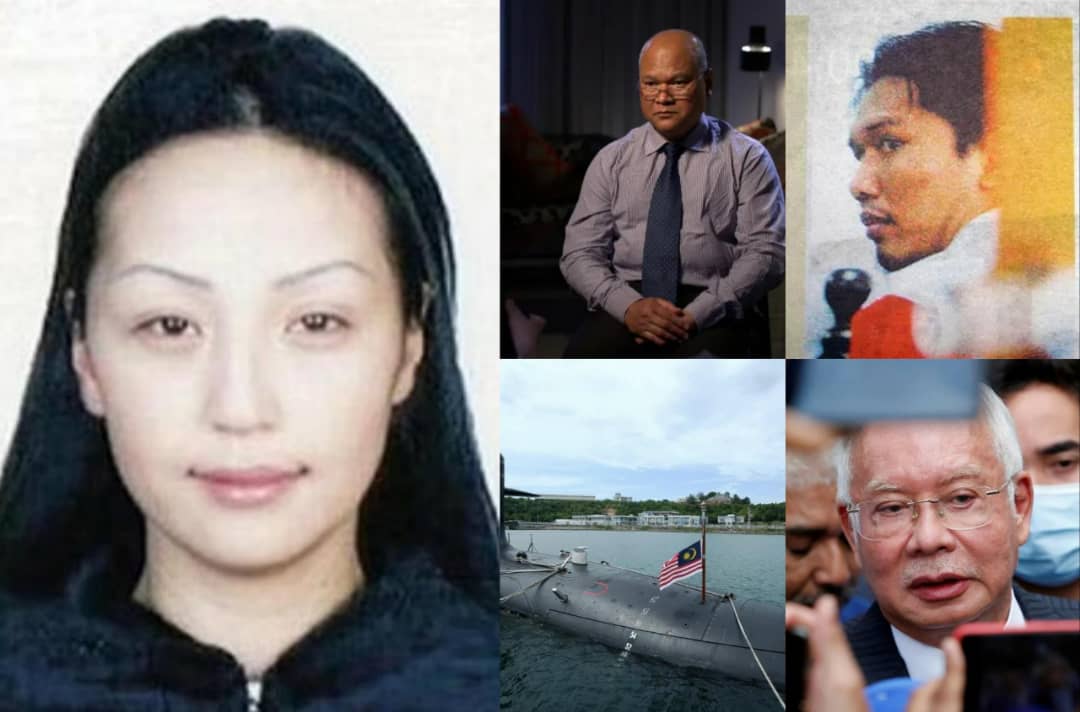 Thirsty for JUICE content? Quench your cravings on our Instagram, TikTok and WhatsApp
Thirsty for JUICE content? Quench your cravings on our Instagram, TikTok and WhatsApp
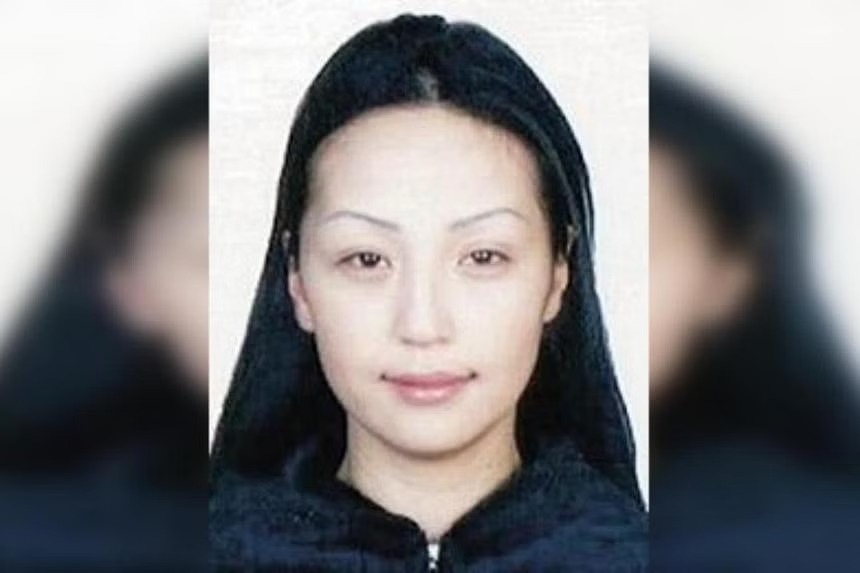
Who Was Altantuya?
Altantuya Shaariibuu, a Mongolian national born on 6 May 1978, met a tragic end on 18 October 2006 in a desolate area in Shah Alam, Malaysia.
Her life was marked by international travels and personal challenges. Fluent in Mongolian, Russian, Chinese, and English, she briefly attended modelling school in France before returning to Mongolia. Marriages, divorces, and a career as a translator took her to countries like China, Singapore, and Malaysia.
Allegedly introduced to Abdul Razak Baginda by Najib Razak, she became entangled in a web of political intrigue.
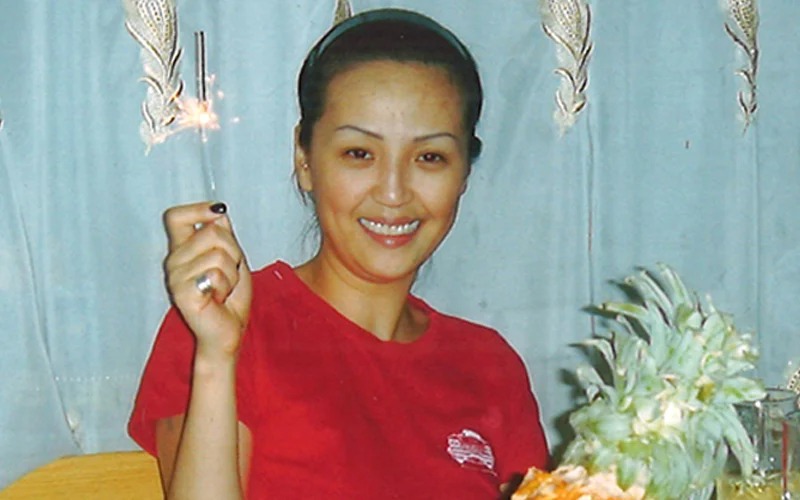
It was alleged during the trial that she shared a romantic relationship with Baginda – a defence analyst and an adviser to Najib when he was defence minister – but the details and nature of that alliance were not definitively established. The exact source of these claims can be traced back to statements and testimonies presented by various individuals involved in the case. One such testimony came from Altantuya’s cousin, Burmaa Oyunchimeg.
This article delves into a sensitive and graphic subject matter involving the tragic case of Altantuya Shaariibuu, including details of her murder, legal proceedings, and related controversies. Reader discretion is advised, as the content may be disturbing to some audiences.
The Submarine Deal
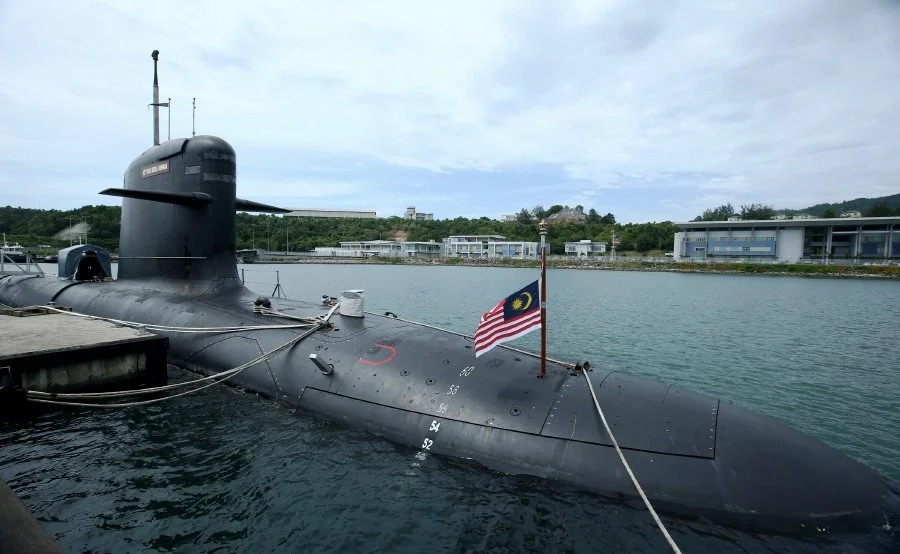
The scandal revolves around the purchase of Scorpène-class submarines from France for the Malaysian government. Altantuyaa, who worked as a translator, became entangled in the web of corruption when she discovered that commissions totalling 114 million euros were paid for the deal.
The submarine deal in question, often referred to as the Scorpène submarine deal, was a major defence procurement contract between the Malaysian government and the French naval defence company DCNS (now known as Naval Group). The contract involved the purchase of two Scorpène-class submarines and related equipment and services for the Royal Malaysian Navy.
There were claims that significant commissions and kickbacks were involved in the procurement process. Critics argued that the deal was overpriced, and the alleged kickbacks were seen as a form of corruption.
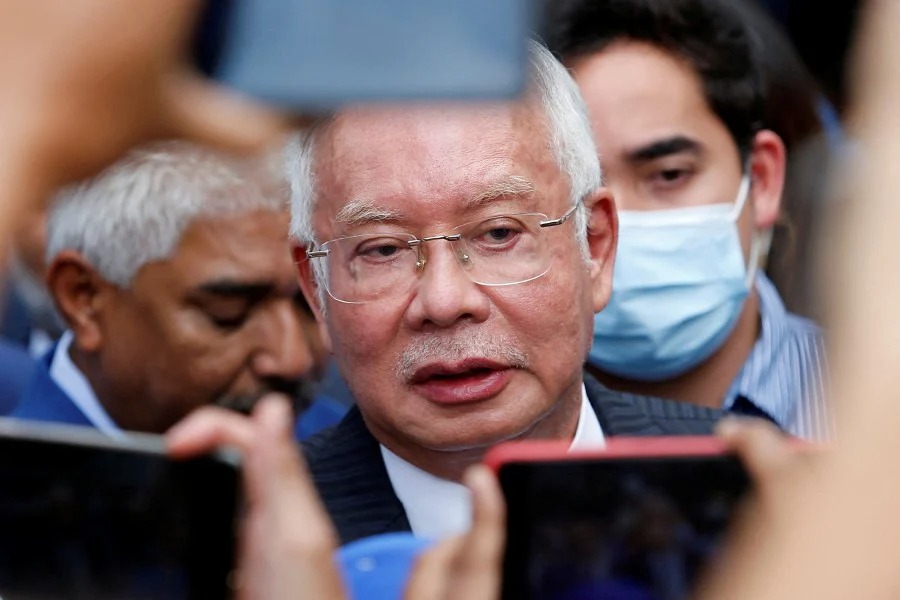
The deal was initiated in the early 2000s, during the tenure of then-Deputy Prime Minister and Defense Minister Najib Razak. The Malaysian government, under Prime Minister Mahathir Mohamad, sought to enhance the country’s naval capabilities through the acquisition of modern submarines.
Negotiations between the Malaysian government and DCNS led to the signing of the contract in June 2002, during Najib Razak’s tenure as Defence Minister. Altantuya’s alleged relationship with Razak Baginda was also suggested to be linked to the larger political context of the Scorpène submarine deal. This, tragically, led to her gruesome death.
Blackmail Claims & The Tragic Murder Of Altantuya
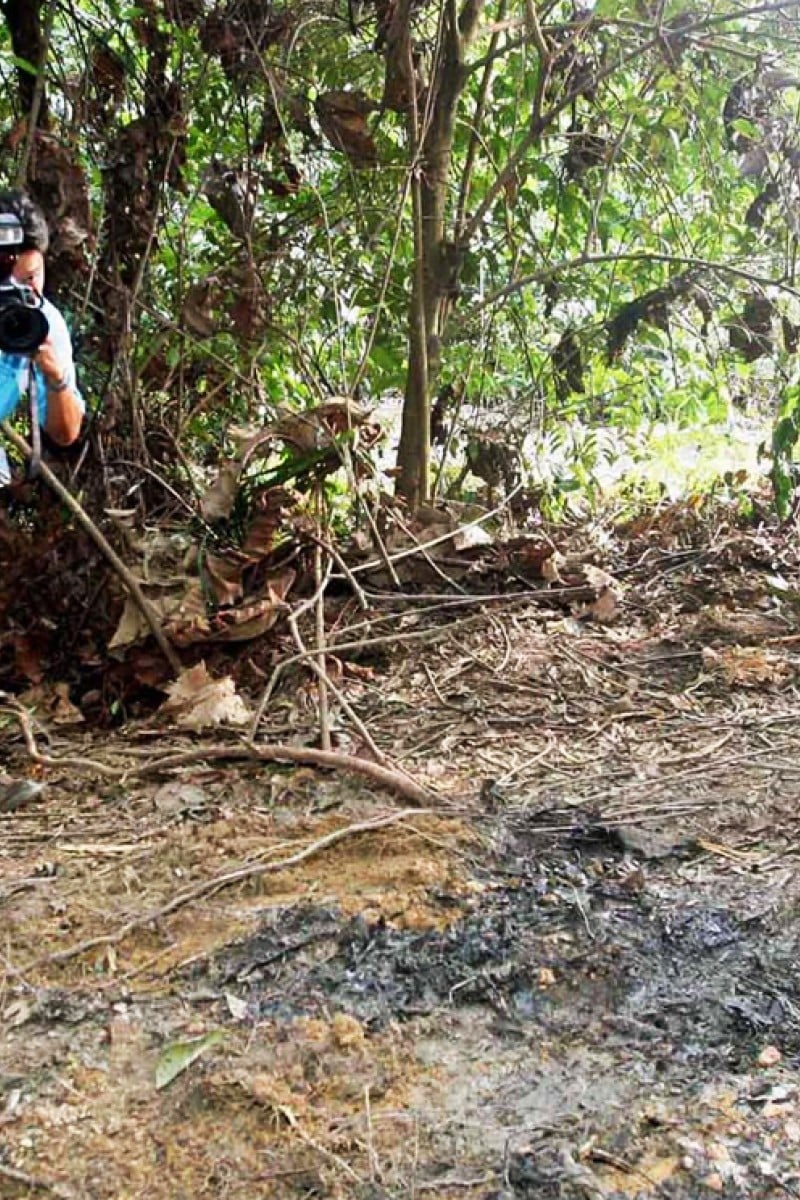
Reports suggested Altantuya discovered irregularities in the Scorpène submarine deal, with allegations of hefty commissions and payments.
Altantuya went missing on 19 October 2006, leading to a police investigation. Fragments of her bones, confirmed through DNA testing, were discovered in a forested area near Tasik Subang Dam. She was 28 years old.
Lab results indicated she was shot twice before PETN and RDX explosives were used on her remains in what was believed to be an attempt to terminate evidence. Two elite Special Actions Unit members, Azilah Hadri and Sirul Azhar Umar, were charged, with Razak Baginda accused of abetting the murder.
A letter found after her death indicated she was attempting to blackmail Razak Baginda, 46 years old at the time, for $500,000 to keep silent about her knowledge of the deal. Investigations extended to Paris, but the French courts focused on corruption related to the submarine sale rather than Altantuya’s murder.
The Initial Acquittal And Controversial Appeals
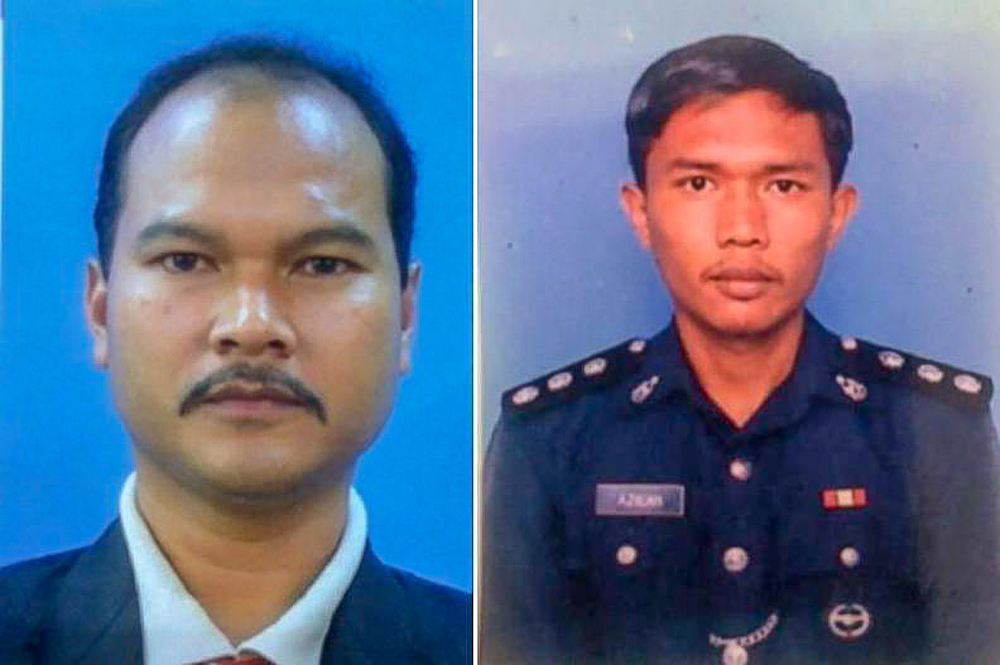
The Shah Alam High Court initially acquitted Abdul Razak Baginda and sentenced Chief Inspector Azilah Hadri and Corporal Sirul Azhar Umar to death by hanging on 9 April 2009, concluding a 159-day trial. However, in a surprising turn of events on 23 August 2013, the Court of Appeal acquitted Sirul and Azilah, sparking public outcry.
The Federal Court overturned this acquittal on 13 January 2015, finding both guilty of Altantuya’s murder and sentencing them to death. Notably, Sirul fled to Australia, hampering extradition attempts due to Australia’s laws against sending individuals to countries with the death penalty.
In December 2006, Azilah signed a statutory declaration alleging that Najib had instructed him to ‘arrest and eliminate’ Altantuya.
Political Turmoil And Demands For Justice
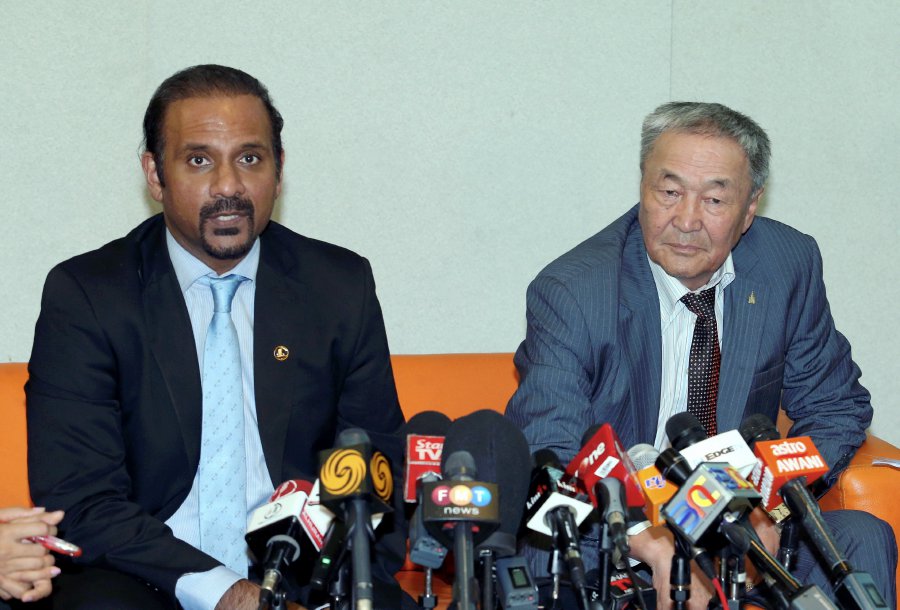
After Malaysia’s 14th general election, which marked a historic defeat for the ruling Barisan Nasional coalition, former Prime Minister Mahathir Mohamad expressed support for further investigations “as long as it’s in accordance with the law” after a meeting with Altantuya’s father, Setev Shaariibuu.
Prior to the meeting, Shaariibuu had lodged a report on the matter at Dang Wangi police station insisting authorities should question Deputy Supt Musa Safri, whom he named as a key witness.
“I believe that if not for Musa, Azilah and Sirul would not have come to Razak’s house that day and taken my daughter away, and she would very likely still be alive today,” he was quoted as saying.
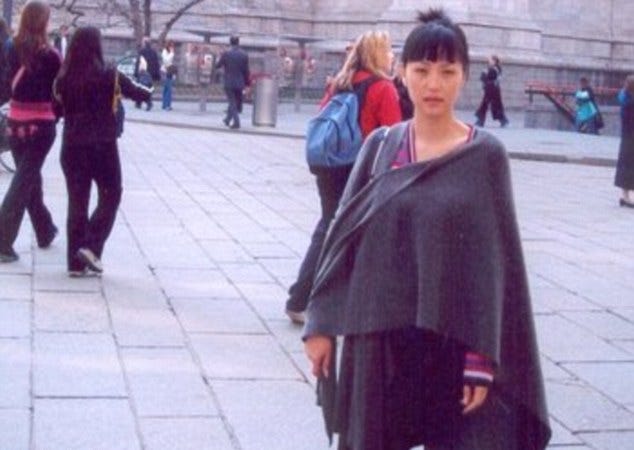
He also expressed a desire for police to question one of the two accused policemen – Azilah and Sirul – on where and how they obtained the explosives that were allegedly used to “blow up” his daughter’s body.
Meanwhile Mongolian President Khaltmaagiin Battulga sought justice, and in 2018, Anwar Ibrahim also demanded a new trial, emphasising compromised rulings and witness reluctance.
Meanwhile, Sirul expressed his willingness to reveal the truth if granted a full pardon to return to Malaysia.
Trial Proceedings And Witness Testimonies
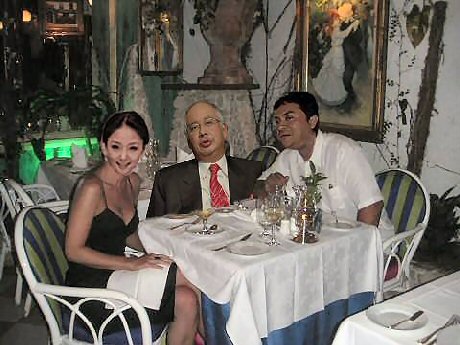
Altantuya’s cousin, Burmaa Oyunchimeg, shared that she met Razak in late 2004 when Altantuya introduced him to her at a Hong Kong hotel, and later confirmed that they were in a romantic relationship. She was the first witness who testified in a civil lawsuit into Altantuya’s murder.
A photo depicting Najib, Razak Bagina and Altantuya seated together at a dinner in Paris was also presented in court. However, attempts to call Najib as a witness during the trial were rejected by the High Court.
On 24 January 2019, the High Court discovered that the photo was fake, yet Oyunchimeg insisted that a genuine photo from Paris in 2005 showed the same men with her cousin, albeit in a different context and with all three smiling.
In a surprising development 13 years later, evidence emerged suggesting Altantuya had made a police report on the day of her disappearance, implicating Razak Baginda.
Acquittal, Appeals, And A Father’s Pursuit Of Justice
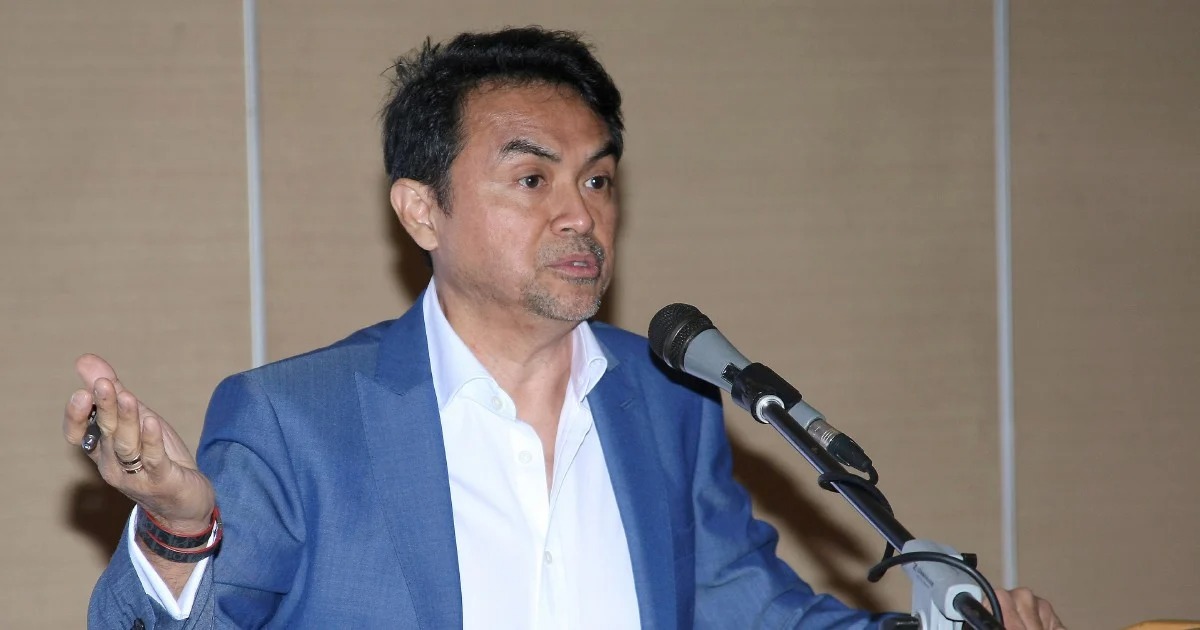
Abdul Razak Baginda was acquitted of abetment on 31 October 2008, but evidence in a later civil case later implicated him, resurfacing possibilities of his involvement in Altantuya’s murder. Azilah and Sirul were sentenced to death in April 2009, but their appeals led to acquittals in 2013, sparking public outrage. The Federal Court reinstated the convictions in 2015.
Altantuya’s father, Dr. Shaariibuu Setev, sought a review of Baginda’s acquittal, withdrew it, and pursued a damage claim against Baginda, Azilah, Sirul, and the Malaysian government instead.
Explosive Statutory Declarations And Disappearances
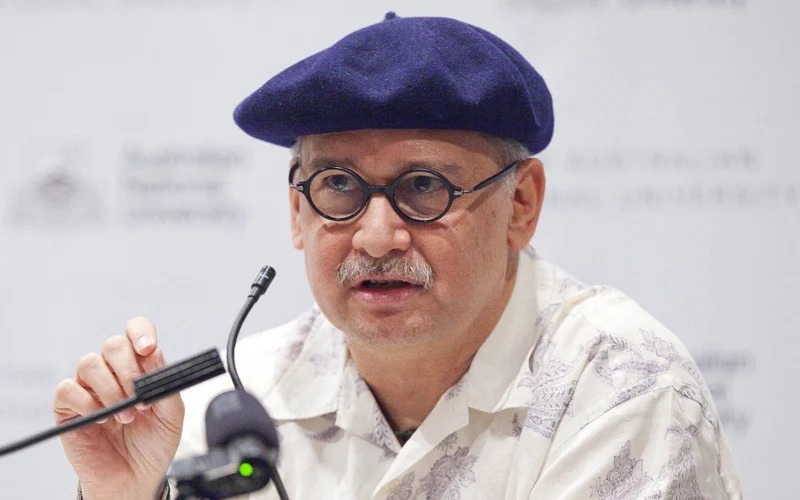
Notably, in 2008, Raja Petra, a prominent political blogger, alleged that Rosmah Mansor – the wife of then-Deputy Prime Minister Najib Razak – was present at the crime scene, implicating her in Altantuya’s murder.
P. Balasubramaniam, a private investigator, made a statutory declaration that revealed alleged links between Najib Razak and Altantuya. He claimed that Altantuya was introduced to Abdul Razak Baginda by Najib and that there were financial dealings between Najib and Baginda. However, both Balasubramaniam and Raja Petra later retracted their statements, citing threats and inducements. The latter also reportedly fled to England, “leaving his wife and children behind.”
In a later development, Deepak Jaikishan, a Malaysian businessman, came forward claiming involvement in the retraction of Balasubramaniam’s statement. Deepak accused Najib and Rosmah of being behind the coercion to retract the statements. Despite denials and counter-accusations, Deepak’s revelations fuelled further controversies surrounding the case, raising questions about the extent of political interference and manipulation in the investigation.
Sirul Azhar’s Claims & Azilah’s Final Appeal
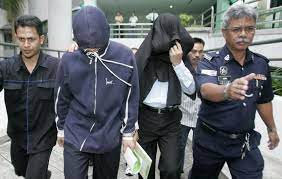
Azilah’s final legal attempt failed in December 2020, confirming his death sentence.
However, the statutory declarations, conflicting testimonies, and political implications continued to create a web of controversies, leaving unanswered questions surrounding Altantuya Shaariibuu’s untimely demise.
Sirul Azhar, in detention in Australia, asserted he that was under orders to kill “Russian spy” Altantuya and accused Najib’s aide-de-camp Deputy Supt Musa Safri. After his release in 2023, he denied Najib’s involvement, but claimed his former lawyer paid him to absolve Najib.
Recent Developments In The Altantuya Case
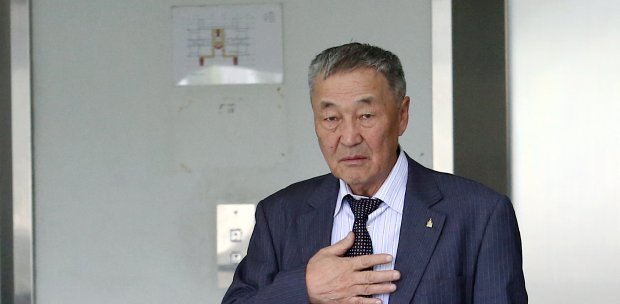
The appeal notice filed on 16 January 2023, indicates that Altantuya’s family is submitting a cross-appeal challenging a specific aspect of the High Court’s ruling regarding the amount of damages awarded.
Having secured a judgment for RM5 million in damages back in 2022, it was reported that the family was now exploring the possibility of a further financial settlement with the government, Razak Baginda, and the two former policemen. The family’s solicitors submitted a proposal to the Attorney-General’s Chambers in April 2023, aiming to close the case with a resolution that includes interest and costs.
In November 2023, former police commando Sirul Azhar Umar, convicted in the Altantuya Shaariibuu murder case, sought forgiveness from the victim’s family in an interview with Al Jazeera. Despite being found guilty by Malaysia’s highest court in 2016, Sirul continues to deny responsibility for the murder and apologises to Altantuya’s family.
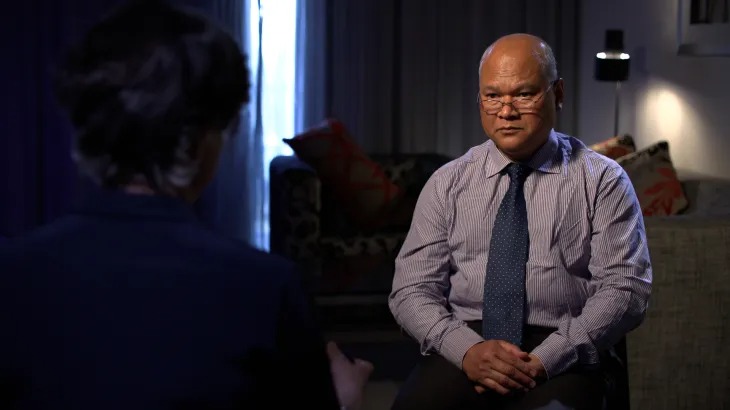
Sirul, currently detained in Australia for overstaying a tourist visa, expresses his desire to restart his life there, claiming he is not a “bad person.” He insists returning to Malaysia would be “unsafe” for him and alleges that he received RM1 million in Australia to keep silent, portraying himself as a scapegoat in a political game.
During the interview, Sirul also makes serious unverified allegations against prominent personalities. Released from Australia’s detention centre after almost a decade, his release, along with 91 others, is considered a landmark ruling ending a two-decade immigration law allowing indefinite detention of foreign citizens. The Australian government’s policy against deporting individuals to countries with the death penalty played a role in Sirul’s release.
The High Court of Australia issued a ruling on 8 November 2023 stating that the indefinite detention of non-citizens unable to be deported was unlawful. The former policeman, held in detention for 9 years, was among those freed following the decision. He now resides in Canberra with his 23-year-old son.
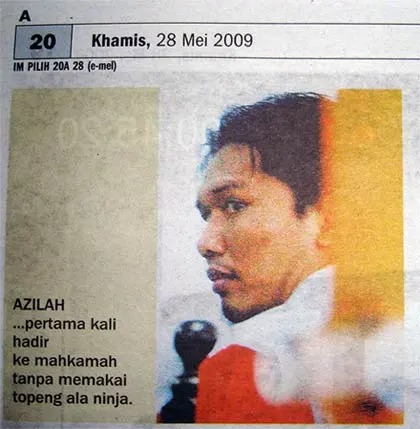
That same month, Saifuddin Nasution Ismail, the Home Minister, officially acknowledged that Azilah Hadri is part of a group of around 1,000 detainees who have submitted requests for a review of their death sentences.
As of today, Azilah remains on death row in Sungai Buloh Prison, while the larger web of controversies and individuals entangled in the Altantuya Shaariibuu case remains an open, unsolved, and controversial chapter, shrouded in uncertainty and speculation.
We extend our heartfelt condolences to those affected by the tragic death of Altantuya and earnestly hope for justice to be served in her memory.


 Get Audio+
Get Audio+ Hot FM
Hot FM Kool 101
Kool 101 Eight FM
Eight FM Fly FM
Fly FM Molek FM
Molek FM